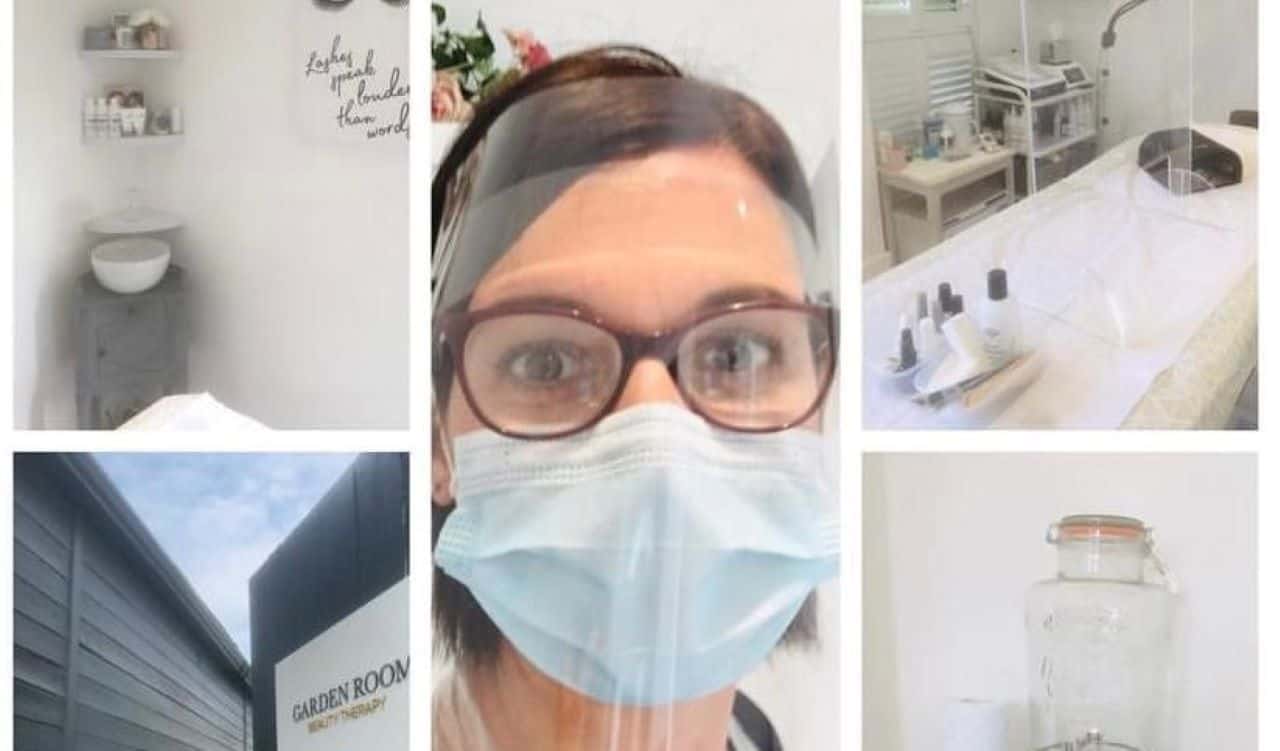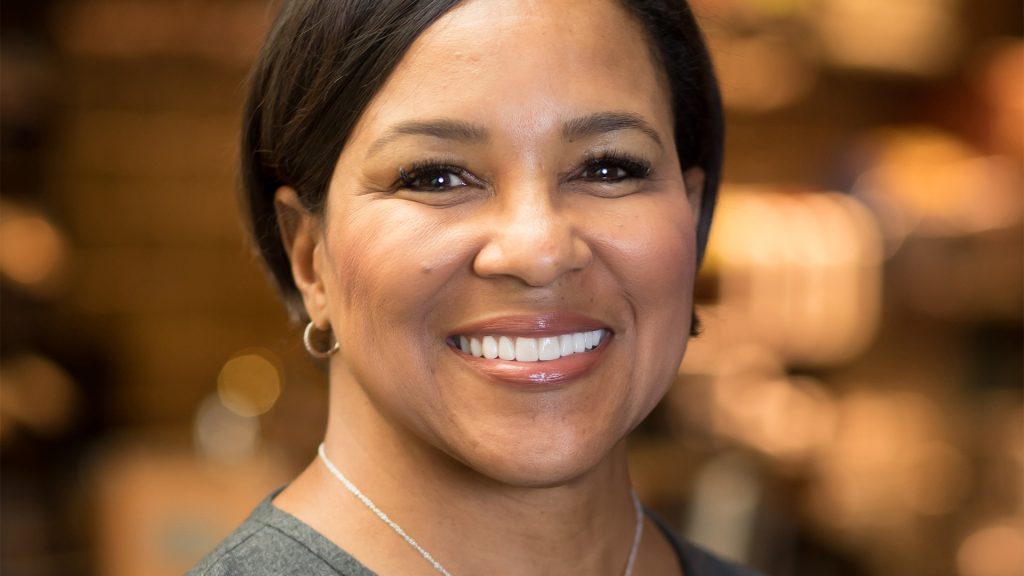Use of protective face coverings still "recommended" in beauty settings
The government has “recommended” that protective face coverings continue to be worn in close contact settings, such as beauty salons from 19 July, when the majority of Covid-19 restrictions are dropped.
The relaxation will mean that the wearing of protective face coverings is no longer required by law – a change which has prompted wide-spread confusion and concern among the personal care community.
The new guidance, which was published just four days ahead of the change and following repeated calls for clarity from personal care sector representatives - asks businesses to conduct a Risk Assessment.
It then goes on to say that the use of protective face masks is still recommended in close contact settings and “where practitioners are conducting treatments which require them to be in close proximity to a person’s face, mouth and nose.”
“Where worn correctly, this may reduce the risk of transmission to themselves and others,” the guidance adds.
However, industry body The British Beauty Council told TheIndustry.fashion that the new guidance still did not provide enough clarity for the sector's thousands of practitioners.
British Beauty Council Chief Executive Officer Millie Kendall said: "Our industry will mostly want to continue to wear PPE to protect themselves, their staff and clients.
"But the challenge will be getting it right with regards to the clients. They will be split.
"Whilst salon owners and practitioners have to work based on their risk assessment, a client can refuse to wear a mask, even if a businesses' risk assessment suggests they should, and whilst businesses have a legal right to refuse business, they can’t discriminate. So it puts them into a very difficult situation."
The guidance also says: “Consider encouraging, for example through signage, the use of face coverings by workers, particularly in indoor areas where they may come into contact with people they do not normally meet.
“When deciding whether you will ask workers or customers to wear a face covering, you would need to consider the reasonable adjustments needed for staff and clients with disabilities.
“You would also need to consider carefully how this fits with other obligations to workers and customers arising from the law on employment rights, health and safety and equality legislation.”






